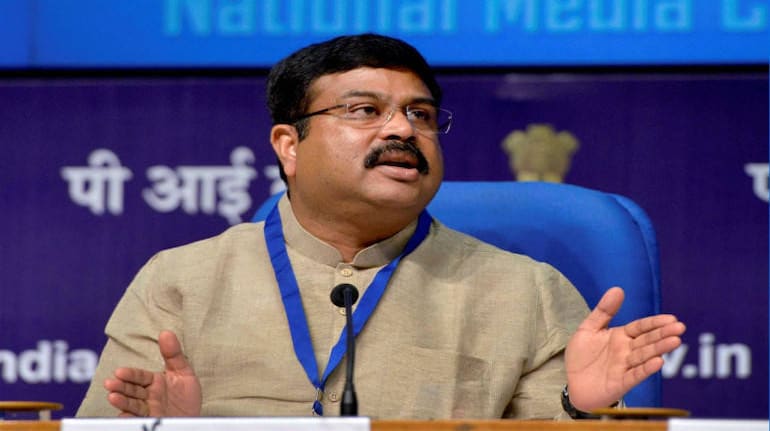



The OPEC's decision to cut oil supply has not been warmly received by the India's Oil and Gas Minister Dharmendra Pradhan.
Concerned that the rise in oil expense will hurt India's national interests, Pradhan said that the nation may look out for non-OPEC suppliers to fulfill its huge demand and is "working out details of the strategy to buy cargos, including from the USA and Canada, which happens to be becoming very competitive."
The international oil cartel, Organization of the Petroleum Exporting Countries (OPEC) had raised its oil output for several years as a counter strategy to North America's shale oil boom. But the gradual dip in crude oil price has started to hurt OPEC, which made the group reverse its decision and cut output.
India, the world's third-biggest oil consumer, would be hit with a price rise and Pradhan's concerns are completely justified as a spike in crude oil prices will hurt the country in several ways.
Increase in trade deficit
Oil remains to be India's largest import, and petroleum imports formed around 20 percent of India's gross imports in value terms.
India's trade deficit widened 173.5 percent year-on-year (YoY) to USD 13.25 billion in April of 2017. The total purchases (imports) jumped 49.1 percent (YoY) to USD 37.88 billion, boosted by a 30.1 percent rise in oil imports.
Source: tradingeconomics.com
According to the data by the Petroleum Planning and Analysis Cell, 82.1 per cent of India’s crude oil consumption is dependent on its imports. With the price hike, the trade deficit will persist making it harder to strike trade balance.
Loss of tax revenue
For the April-December period of 2016, Finance Minister Arun Jaitley said that indirect tax receipts were up 25 percent.
A major component of the indirect taxes is excise duty. With the drop in crude oil price two years back, the government cashed in by increasing the excise duty on petrol and diesel.
At present, the excise duty levied by the government for petrol is around 21.48 per litre, an increase of 177.87 percent against Rs 7.73 per litre on January 1, 2016.
For diesel, it has gone up 121.32 percent to Rs 17.33 per litre from Rs 7.83 per litre at the start of this year.
The share of excise duty in the central government’s gross tax revenue increased from 15.3 percent in 2014-15 to 19.5 percent in the budgeted numbers for 2016-17.
If there is a sharp price surge then the government might have to roll back the excise duty to give some relief to the end consumer.
This, in turn, will hurt the government's tax kitty and widen the fiscal deficit.
A political risk
An increase in crude oil prices has potential to hurt the government's re-election chances just ahead of the 2019 general elections.
If India does not reduce its dependency on OPEC countries, the price hike will be passed on to customers, which could result in a backlash as during the price fall, the relaxation was not passed on to the buyer.
If the government decides to roll back excise duty, it risks hurting tax revenues and widening the fiscal deficit, which could have a negative impact on currency and inflation.
Considering the above reasons, it makes sense for India to bring down its dependency on OPEC nations, focus on non-OPEC countries and its booming renewable industry to meet the country's constantly growing energy demand.
Crude oil has been trading between levels of USD 50-55 per barrel.
Discover the latest Business News, Sensex, and Nifty updates. Obtain Personal Finance insights, tax queries, and expert opinions on Moneycontrol or download the Moneycontrol App to stay updated!
Find the best of Al News in one place, specially curated for you every weekend.
Stay on top of the latest tech trends and biggest startup news.